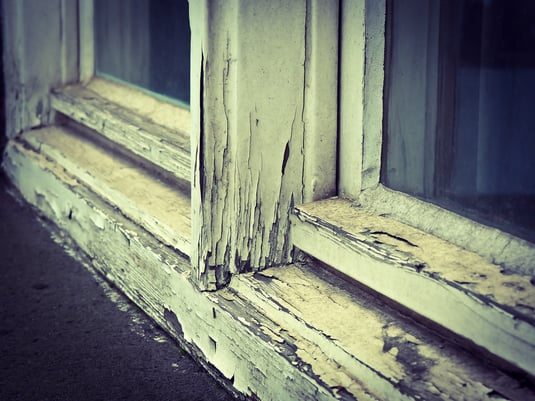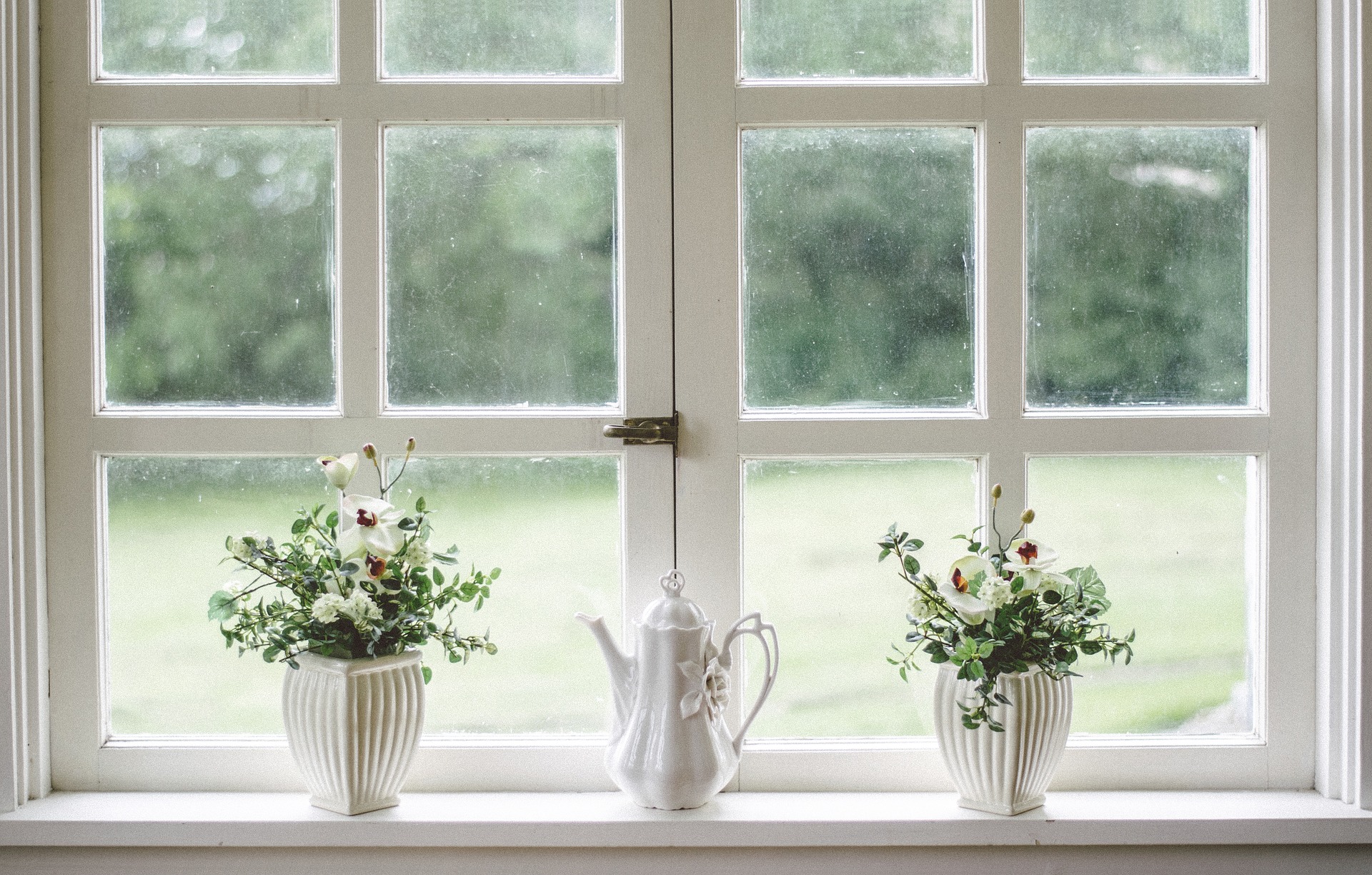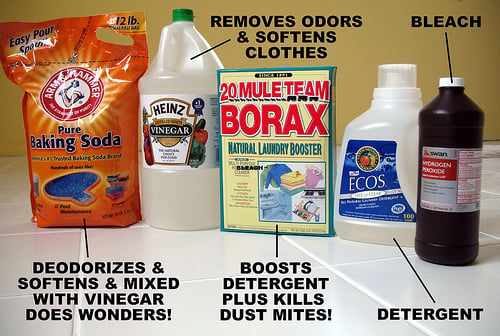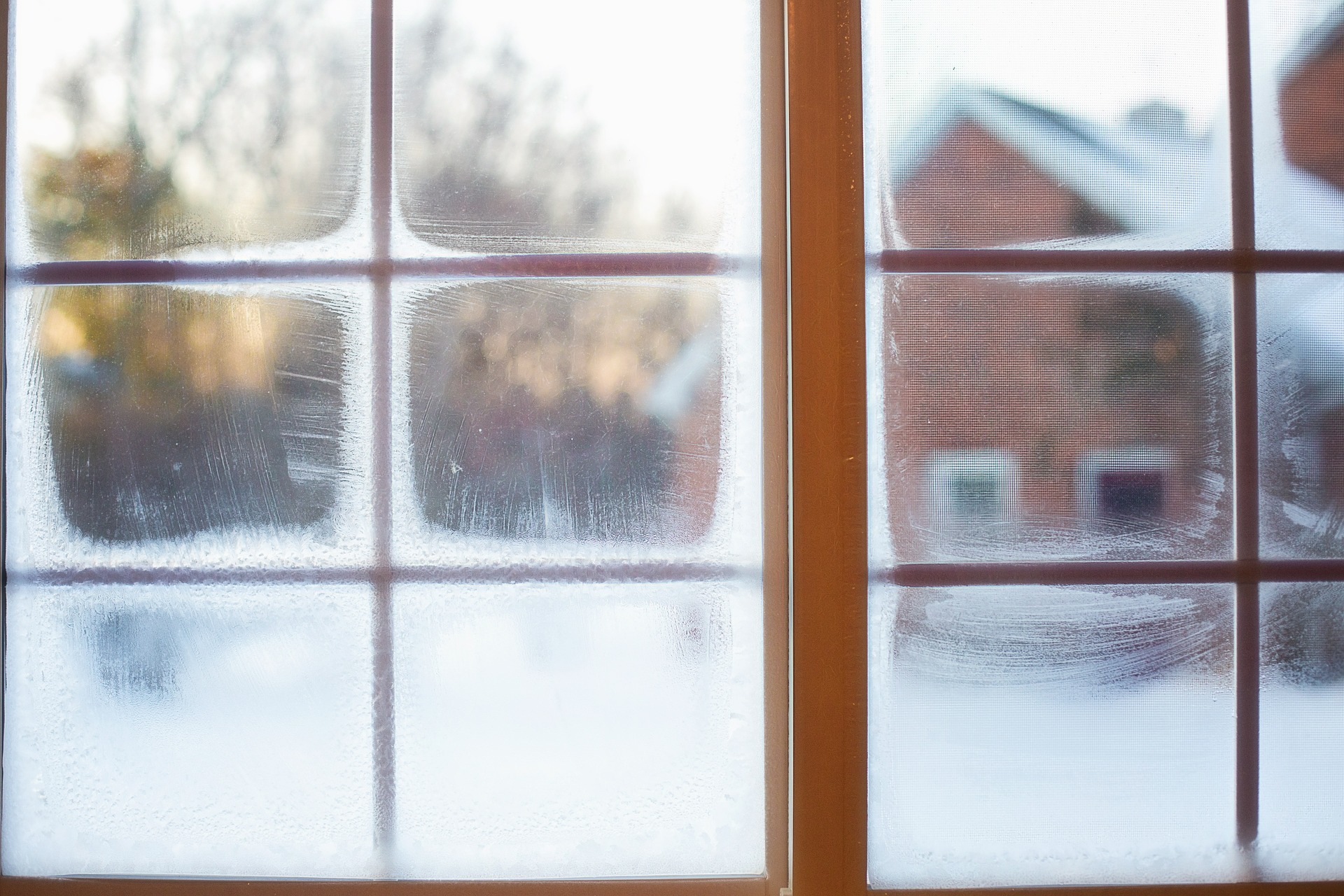Though the longevity of home windows depends on a variety of factors, such as material, quality and manufacturer, most homeowners can expect them to last anywhere from 10 to 20 years. Based on this estimate, the average homeowner can obviously expect to replace their windows at some point. With this in mind, it's crucial that a homeowner realizes when the time is right for either repair or replacement. Otherwise, they could risk water damage, mold growth or other home damage.
This post will take a closer look at conducting preventative maintenance for your home windows as well as examine some tell-tale signs of when replacement is imminent.
Preventative Maintenance
In order to get the most life out of your windows, it's imperative to take proper care of them. Here's a look at some care tips and suggestions:
-
Clean the frames: Do this every six months or so using warm, soapy water. Stay away from any abrasive cleaners that could cause damage.
-
Clean the slides: Using soap and water, clean the window slides about once a year. This will permit easy opening and closing.
-
Lubricate mechanical parts: Grab a can of WD40 and lube up any handles, hooks, hinges, springs, plates and more on your windows. This also helps ensure easy, friction-free operation.
-
Clean the panes: Though this isn't exactly directly related to the performance of the windows, regularly cleaning the panes and keeping them free of dirt, smudges and other debris just helps make them look nicer.
-
Caulk: Remove old, cracked caulk and apply a fresh layer of it in areas of need around the frame.
5 Signs It's Time to Replace Your Windows

- Cracked, warped or rotting frame: Visually, if you notice signs of cracking or rotting on the window frames, that's a sign of structural degradation. You may be able to have this repaired if the cracking/rotting is minor, but replacement is often necessary.
- Cracked window panes: Needless to say, but if there are cracks developing in your window panes, replacement should be carried out very quickly.
- Condensation buildup: It's really only a concern if there's condensation forming between the window pane, as this is a sign that the window is no longer sealed properly and at risk for losing its insulating properties.
- Excessively hot or cold to the touch: If your windows are abnormally hot in the summer and abnormally cold to the touch in the winter months, it's likely that the windows in your home have lost their insulating properties. This won't just lead to discomfort when you come into contact with the windows, but it will also likely lead to an increase in your heating and cooling costs.
- Mechanical issues: Are your windows difficult to open and shut? Will your windows no longer lock properly? Do you have to jerry-rig the windows to get them to either stay open or shut? Like windows themselves, the mechanical components also have a shelf life.











Comments